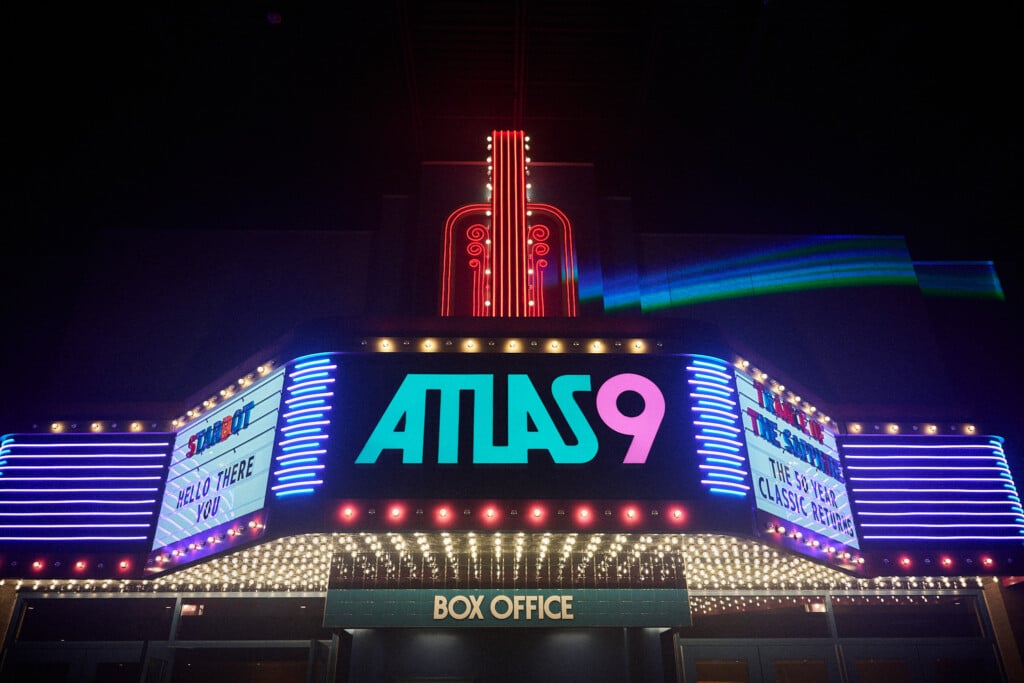No one asked for The Hunger Games: The Ballad of Songbirds & Snakes and the bloated, messy final product will find no new fans for the franchise
The original Hunger Games trilogy feels like it belongs to a different time. In a sense it does; those movies came out just over a decade ago, following the success of the Twilight movies, which followed the success of the Harry Potter movies. All of them were based on successful YA series, with Twilight and Hunger Games touching on a particular form of romantic angst that helped make them popular.
Over a decade later (and arguably after the interest has cooled), Lionsgate has returned to the Hunger Games well with the prequel The Hunger Games: The Ballad of Songbirds & Snakes, set 64 years before the events of the original films. They’re trying to catch lightning in a bottle again, but this film buckles under the weight of an uninteresting romance.
In the aftermath of the war between the wealthy capitol city of Panem and the poorer surrounding Districts, The Hunger Games were created as a televised spectacle and punishment. One boy and one girl from each District are chosen at random and charged with fighting to the death inside a colosseum. A decade after their introduction, the event has dropped in ratings. People are tuning out, either bored or disgusted by the carnage.
With the dip in viewership causing questions about why the games even exist, head Gamemaster Dr. Volumnia Gaul (Viola Davis, chewing seven films’ worth of scenery) implements a series of changes to entice viewership. Her biggest: having the seniors of the Capitol Academy serve as mentors to the tributes. The mentor who scores the most points from a series of tasks will be awarded the coveted Plinth Prize and access to riches beyond their wildest dreams.
To Coriolanus Snow (Tom Blyth) the news comes as a shock. Before the mentorship requirement, the prize was as good as his, due to his sterling grades. Now he has to work harder for it. Things take a turn when he sees his tribute, Lucy Gray Baird (Rachel Zegler) sing before a captive audience at The Reaping selection event. If he can manipulate things just right, he might win everything, including the heart of his tribute.
Readers of Suzanne Collins’ previous three books or fans of the four movies will likely find something to enjoy in The Ballad of Songbirds & Snakes. We see a pre-glorified Panem, still rebuilding from the rubble. The early version of the Hunger Games themselves are also interesting, with a stripped-down version of the elaborate version Katniss Everdeen experiences years later.
The colosseum, for example, isn’t a natural landscape yet. It’s a large open space with nowhere to hide, at least until a rebel bomb changes the scenery entirely. Looking like a bombed-out war zone, the setting quickly becomes a reminder of everything this world has been through, as teenagers set about slaughtering one another.
The focus on Lucy is distracting, given that the main crux of the film is the rise and eventual heel turn of Snow, who in the books and movies is a vengeful dictator. Here he’s idealistic, and his family — a barely-there Grandma’am (Fionnula Flanagan) and doting cousin Tigris (Hunter Schafer) — coming back from poverty. The headmaster of Snow’s school, Dean Highbottom (Peter Dinklage), dashes his pupil’s hopes at every turn. Snow’s only friends are idealistic Sejanus Plinth (Josh Andres Rivera) and Dr. Gaul.
Of course, this being a YA adaptation, The Ballad of Songbirds & Snakes has a love story lurking under the surface between Lucy and Snow. Though Blyth and Zegler work well together they never seem like a pair worth cheering for. Then again, when your lead’s eventual evil turn happens over 30 seconds and essentially boils down to toxic masculinity winning the day, all bets are off.
When focusing on the early stages of the Hunger Games, The Ballad of Songbirds & Snakes is enticing. As it pertains to the actual drama contained within, it’s dicier. Snow’s future as we know it isn’t enhanced by love or rebellion, and the pieces of it we do get are crammed into a sluggish third act.
At a little under three hours, The Ballad of Songbirds & Snakes feels less like a movie and more like a condensed mini-series no one was asking for. It’s another stab in the dark to try and keep an existing franchise (one that came to decided conclusion) afloat, rather than invest in new IP — or, God forbid, an original idea. Hopefully this will be our final trip to Panem. May the odds be ever in our favor.






